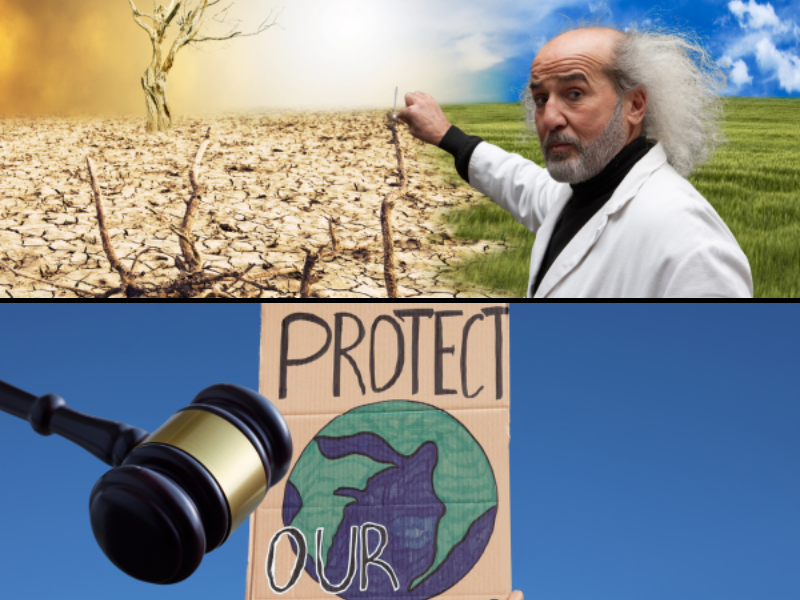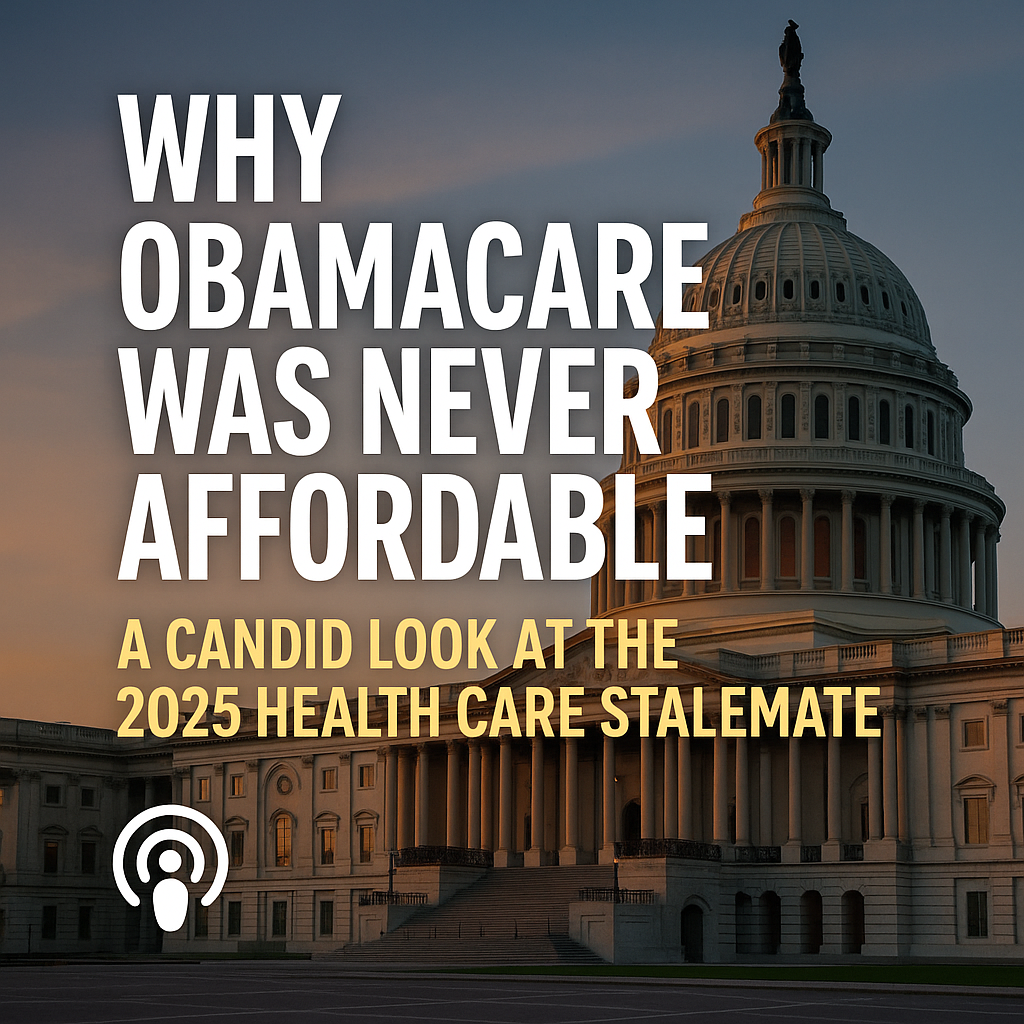A federal judge dismissed lawsuits filed by California cities Berkeley, Oakland, and San Jose against Monsanto, a multinational agrochemical and agricultural biotechnology company.
The lawsuits attempted to force Monsanto to pay for the cleanup costs associated with chemical contamination in San Francisco Bay.
The key issue addressed by the court was Monsanto’s use of polychlorinated biphenyls (PCBs), which have been used in the past by many companies as a coolant in electronics, in carbonless copy paper, and in heat transfer fluids. PCBs were banned in the United States in 1979. Monsanto was the only company manufacturing them between the 1930s and 1970s.
Monsanto has been sued by various groups in California, Oregon, and Washington State as part of a strategy to get the company to pay for PCB contamination cleanup costs in waterways.
In his August 22 decision, District Court Judge Edward Davila said the California cities did not prove Monsanto’s sales of PCBs caused a “public nuisance” or damaged property. The cities claimed Monsanto polluted storm water flowing into San Francisco Bay, but Davila ruled the cities didn’t own this water, even though it flowed through municipal pipes.
Creating ‘Perverse Incentives’
“Are the waterways public?” asked Julian Morris, vice president of research at the Reason Foundation. “This question was addressed by [Davila], and in his opinion, they were not and therefore public nuisance couldn’t occur, so the cases were thrown out.”
Morris says product manufacturers should not be held liable for users’ actions that result in environmental pollution.
“The law was changed in the late 1970s, and the permissible levels of contamination for PCBs were set lower than where they had been previously set, so as a result of the regulation, water companies were forced to reduce the amounts of PCBs flowing into the [San Francisco] Bay area,” Morris said. “I think it’s extremely dangerous to hold upstream producers of goods liable for the actions of downstream users. It creates perverse incentives on the part of downstream users to be careless in their use if they know their actions are not going to be the ones subject to liability.”
Regs Harm the Poor, Minorities
Sally Pipes, president of the Pacific Research Institute, says the decision is good news for consumers.
“It’s good Monsanto was exonerated from the accusations being made [suggesting] the company polluted the water in San Francisco Bay,” Pipes said. “It’s definitely a victory for consumer choice, and we need more decisions like this.
“Many of the rules and regulations being put into place and enforced by governments actually harm people, and the people who are most harmed are those with low-incomes and minorities, because these regulations and court decisions increase the costs of goods and services,” Pipes said.
Kenneth Artz ([email protected]) writes from Dallas, Texas.



